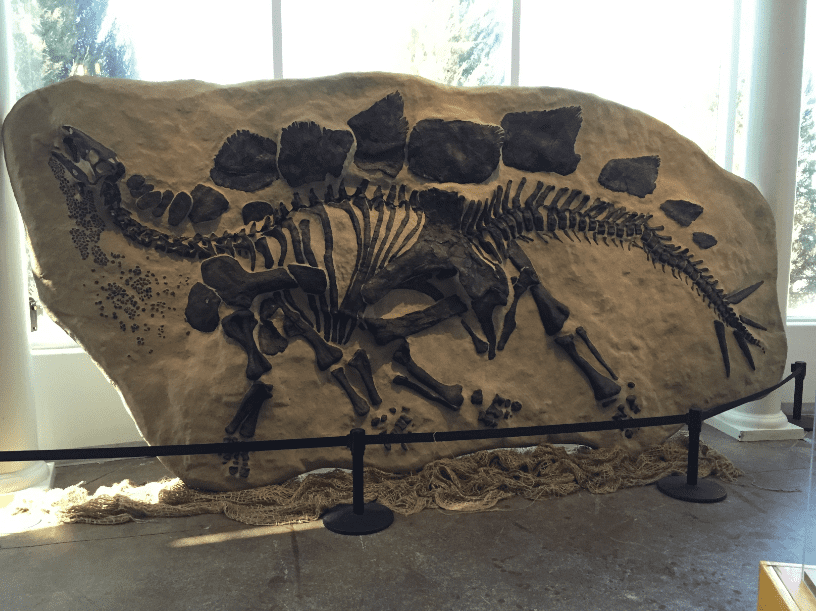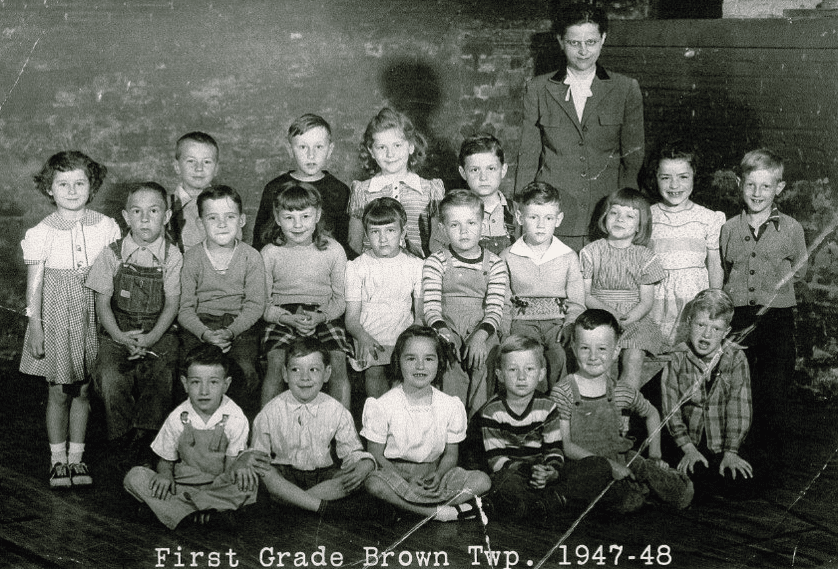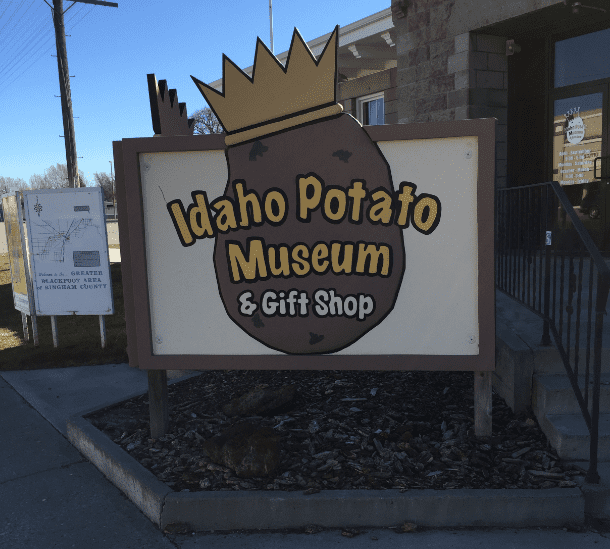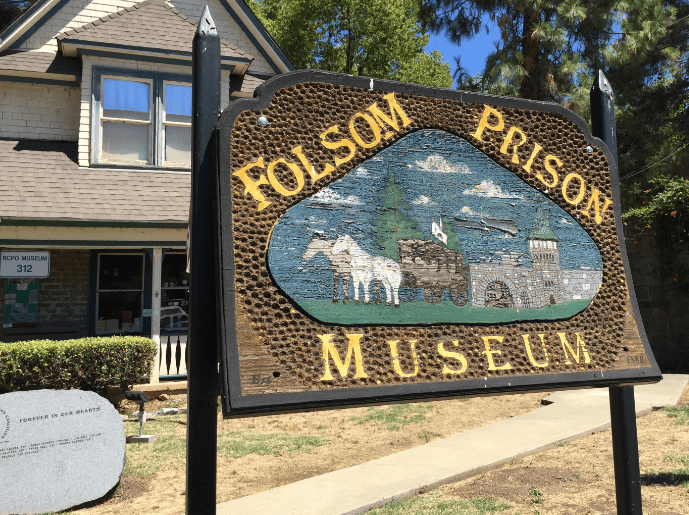Introduction: In this article – part of an ongoing “Introduction to Genealogy” series – Gena Philibert-Ortega writes about how the staff and exhibits at various museums can be very helpful with your family history research. Gena is a genealogist and author of the book “From the Family Kitchen.”
Where have you conducted on-site genealogy research? Most likely you’ve gone to a library, archive, courthouse or cemetery. But what about a museum? That’s right, a museum. I know that we tend to think of museums as places to spend a few hours looking at exhibits, but they are so much more than that. Here are just a few reasons to include a museum or two on your next research trip.
They Have More than Just Dinosaurs

Sure, museums are great places to take kids to see dinosaurs. Genealogist Jen Baldwin, who has volunteered at her local historical society museum, points out that museums are much more than their exhibits:
“I wish genealogists knew that museums have resources for the researcher. Staff and docents are full of information – and generally eager to share – that cannot be found in the displays or artifacts. Most of the docents I worked with were absolutely passionate about their topic and often spent hours of personal time conducting deeper research into their subject matter. Family history is more than just names, dates, places – it’s the story and the context around their lives that makes the adventure so exciting. Museums offer the opportunity to truly understand a particular aspect of history.”
A local or topic-related museum has much to offer behind the scenes, including archival collections, libraries, and experts who can assist you in learning more about a specific place and time. As you identify museums where your ancestor lived, don’t forget about nearby towns. Genealogist Amie Bowser Tennant volunteers for her local museum, but found that when she went to the neighboring town’s museum their collection included school photos from her town. Her experience reinforces the idea that sometimes collections are not where you think they “should” be.

Think Archives
Prior to going to a museum to research your family history, make sure you do your research on the museum itself. Using their website to learn more about the museum you’re interested in is an important first step to a possible research visit. Liz Kelley Kerstens, the executive director of the Plymouth Historical Museum in Michigan, advises researchers to do their homework before visiting:
“It is helpful if genealogists do their research ahead of a visit, to be aware of the open hours of the repository, any specific research rules, and most importantly, what the museum has in its collection that may be of use to the researcher. The archives in a small museum likely have a small staff and limited resources. On the other hand, the archives may have the genealogical gems that are not available online or anywhere else. I recommend that researchers check to see if the museum has a website with information about its holdings. At the Plymouth Historical Museum’s website, we list our finding aids at http://www.plymouthhistory.org/archives.html.”
Not all museums have detailed information on their websites, so don’t forget to email to ask specifics if they aren’t found on the website. In your email, let the archivist know what you are researching and ask questions about their collections.
So, what should you bring with you when visiting a museum? Michele Michaels Doyle, a librarian at the Old Salem Museum and Gardens, points out the importance of bringing information about your ancestors with you on your visit:
“Many times during conversations with patrons they are hazy on the details of their family timeline. We could be more helpful, especially in the social history context, if patrons came in with some dates and places for their ancestors. Then we could point out relevant pieces or books or galleries for them.”
Don’t Forget Types of Museums
One thing to consider as you identify possible research repositories is that there are different types of museums, focusing on various subject matters.

Yes, there are general museums found in a region that have displays of local and natural history, but there are also museums that focus on a specific occupation, religion, building, and more. Wikipedia has a page that lists 137 different types of museums. Some to consider in your research include:*
- Aerospace
- Circus
- Community
- Ethnic
- Firefighting
- Historic House
- Living
- Military and War
- Prison
- Religious
I recently visited the Folsom Prison Museum in Folsom, California (yes, that is the prison where Johnny Cash sang). Aside from displays about prison life including prison menus and photographs, the volunteers offer assistance to those researching family members. The museum includes an archive where volunteers provide look-ups.

Visit the Museum!
As you research what repositories exist where your ancestor lived, make sure to add museums to that list that might shed light on their life, and could even provide more specific details.
———————
* “Category: Museums by type,” Wikipedia (https://en.wikipedia.org/wiki/Category:Museums_by_type: 7 July 2017).
